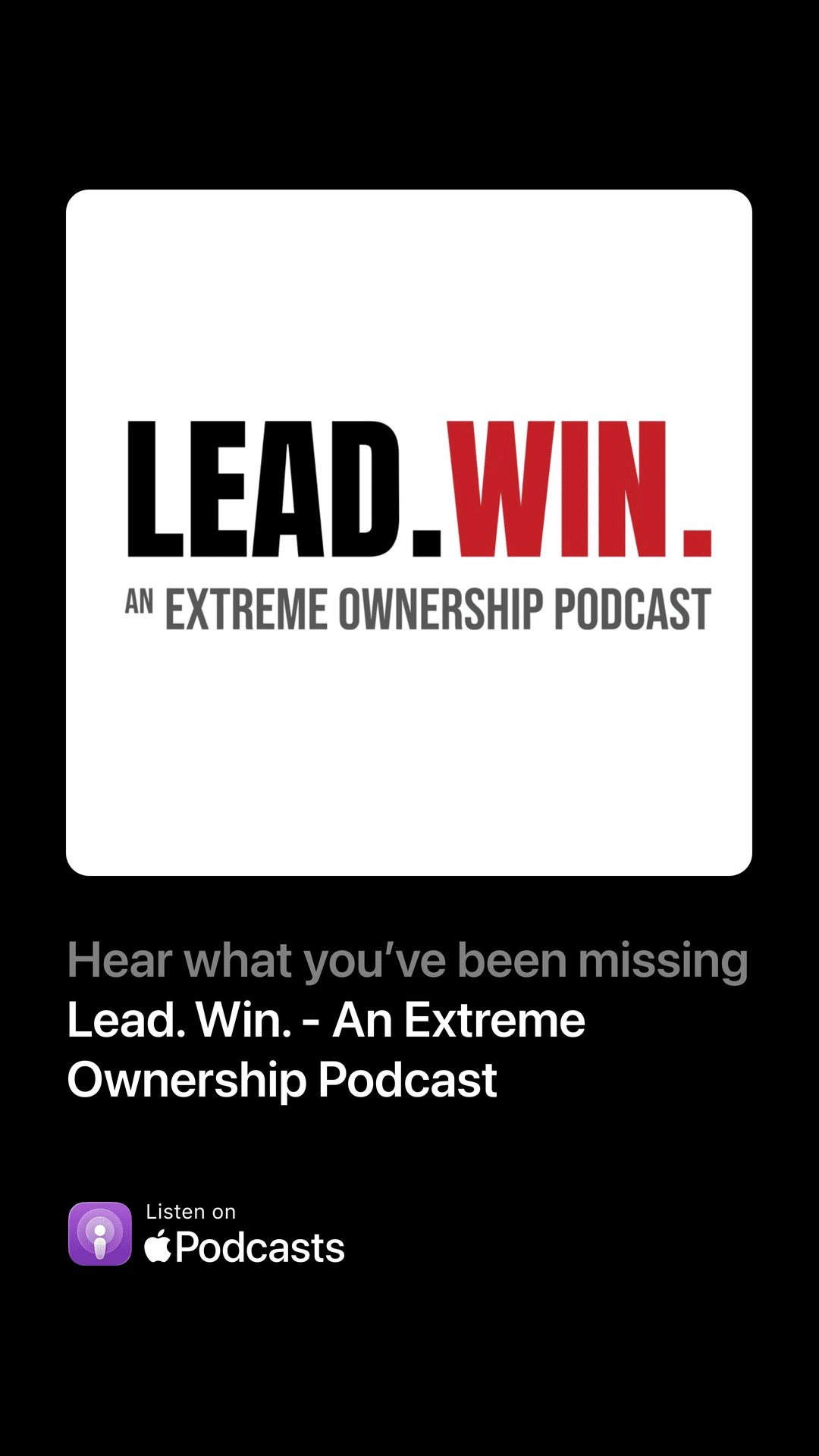When human beings encounter situations and circumstances that disrupt their homeostasis, they cannot function optimally until that homeostasis is re-established. As humans, we seek stability, certainty, and equilibrium. When all of that is interrupted, we naturally seek ways to regain it. It is this innate need that results in boundaries being created significantly more readily than is most effective.
In the last article, “What is a Boundary?” I referenced how boundaries tend to be created retrospectively after events or interactions that violate our personal preferences. This causes a disruption to our homeostasis, the return of which we facilitate by creating a boundary for future events of this nature.
In these moments of decision, there are several other natural human tendencies at play.
The Tendency To Make Excuses And Blame Others
This is the primary tendency that Extreme Ownership counteracts. It prevents us from seeing how we contributed to the aforementioned event, and how we need to take it upon ourselves to correct our own feelings and behaviors in order to move past it. When you refuse to take Ownership, the only action left to take is to create a boundary.
The Tendency To Choose The Easy Path
Human beings, like all sentient creatures, are hedonistic. We also have a primal instinct to conserve energy. This leads us to tend to select the easiest physical path and also the easiest psychological path as well. When the homeostasis-breaking event occurs, there is typically an achievable solution to it. However, this solution does not tend to be the easiest available. It requires work. It requires risking failure. It requires frustration. It requires patience. It requires discipline. All things that the hedonist strives to avoid. Thus, instead of taking the path of discipline and the ideal solution, we create a boundary.
The Tendency To Think Short-term
Humans, in addition to being self-interested, also only exist in the current moment. Due to this, the human brain naturally tends to focus on the current moment. It does not come well-equipped to consider the future. It does not consider how creating a boundary will affect the relationships with the people it is intended for, the team’s long-term mission, or even the person’s long-term mission. Thus, only seeing the importance of a solution to the short-term, immediate problem, we create a boundary.
The Tendency To Follow Our Emotions.
Emotions are what separates humans from more primitive creatures. They are one of the most powerful parts of being human. They allow for incredible feats of humanity and sacrifice. However, our tendency to blindly follow them can also lead to incredible failures. Almost every experience we have in life will cause some form of emotional response. Events that disrupt our homeostasis tend to cause larger ones. In response to them, our emotions of anger, frustration, and fear, if followed, will lead us to acts of vindictiveness, vengeance, and separation. Manifested by the creation of boundaries.
All four of these natural human tendencies originate in the same force that can often be the most disruptive in our lives: the ego. When the ego’s homeostasis is challenged or disrupted, it will run through its list of tendencies to protect itself from further damage. It will put up the wall. The boundary.
The ego will not consider anything else besides protecting itself, and the boundary is the fastest, and most effective way to make itself blind and deaf to any further challenges. Due to this, the ego will forget the definition and purpose of true boundaries, and also the damaging effects. It will see boundaries as the solution to every problem. As a result, we will have vastly more boundaries than are ideal or necessary.
And thus, the purpose of the boundary tends to be about doing what is best for ourselves instead of what is best for the team. To focus on what everybody else is doing instead of what we can do.
In the next article in this series, we will explore the results of following this tendency.




